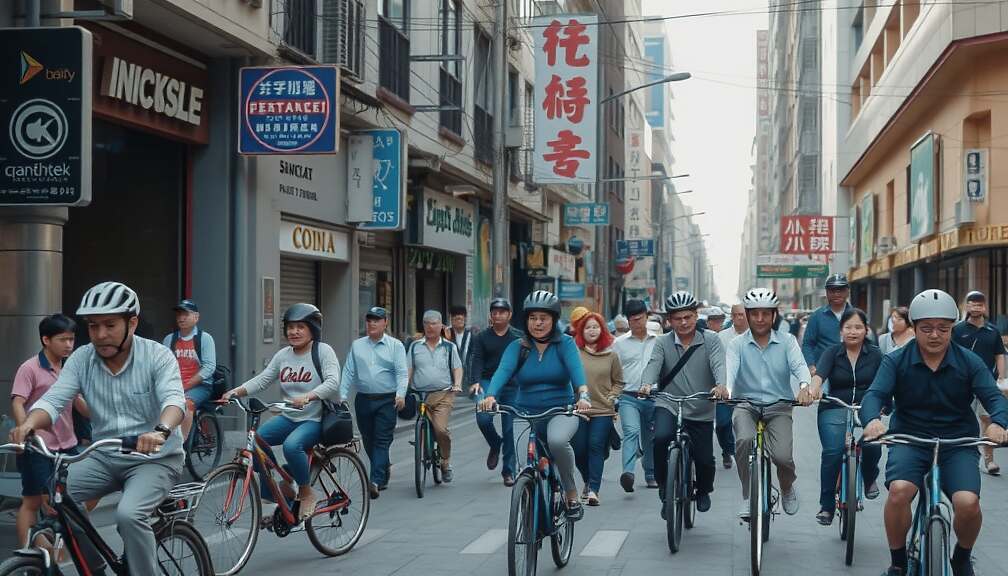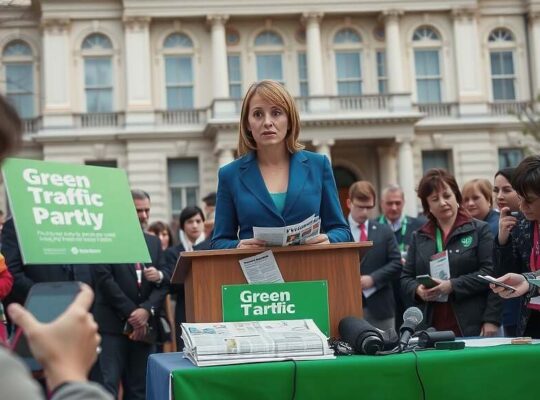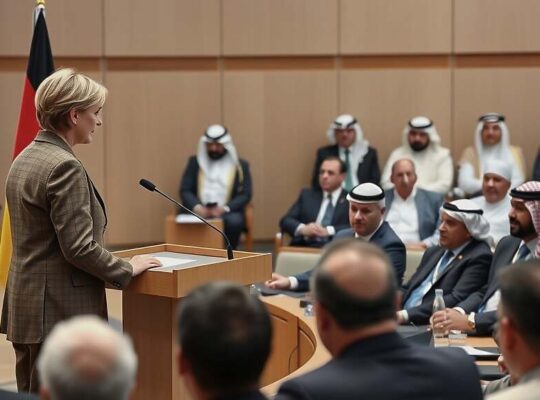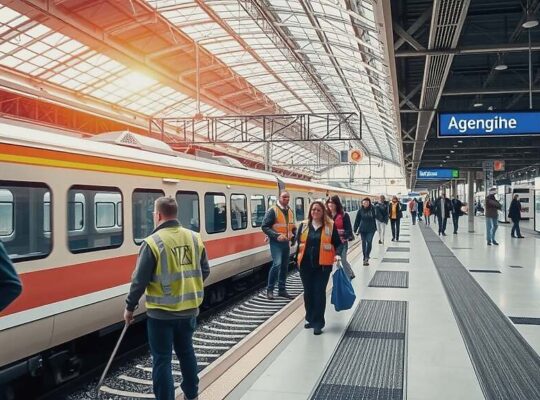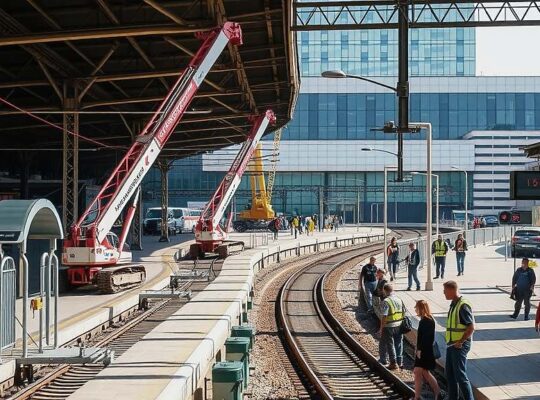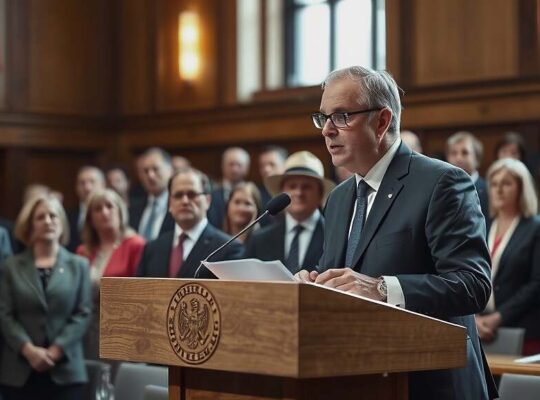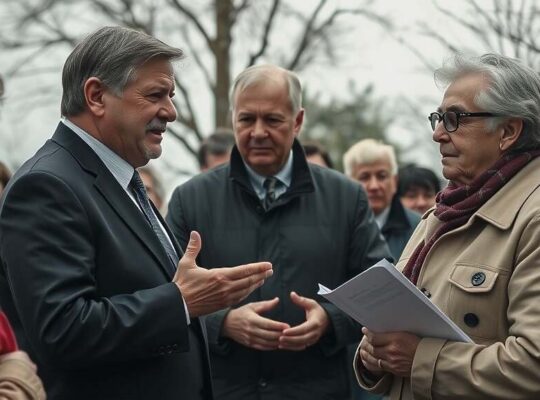Germany is facing mounting pressure to overhaul its traffic safety regulations following a concerning rise in bicycle accidents and pedestrian incidents at traffic lights. A coalition of political figures and transport experts is advocating for a raft of measures, including mandatory helmet laws and significant adjustments to traffic light timings, sparking debate about the balance between pedestrian safety and traffic flow.
Rudolph Scharping, honorary president of the German Cycling Federation (BDR), has fueled the discussion with a call for mandatory bicycle helmets, arguing they are essential for protecting cyclists in the event of serious accidents. Beyond legislation, Scharping emphasized the need for improved road safety education in schools and proposed a “parking marathon” – an annual, intensified police crackdown on illegal parking, particularly on sidewalks – to raise awareness among drivers about the dangers created by obstruction.
Adding further momentum to the calls for reform, two ministers from the left-leaning BSW party – Detlef Tabbert (Brandenburg) and Steffen Schütz (Thüringen) – have issued a joint policy paper titled “Initiative for Greater Traffic Safety Through Longer Traffic Light Phases”. The paper demands a “traffic light revolution” advocating for extended pedestrian crossing times to address growing complaints about insufficient time allotted for safe crossings. The ministers highlight that current timings pose a particular risk to vulnerable groups, including the elderly, people with disabilities, children and parents with strollers.
The published position demonstrates that the issue is becoming a central point of concern within German society. The ministers argue that the problem is exacerbated by an aging population and insist that pedestrians must be able to cross roads “without fear and safely”. Crucially, they propose a reciprocal approach, calling for parallel extensions to traffic light phases for motorists to mitigate the risk of increased congestion.
The BSW ministers are now pushing to place a formal proposal for extended traffic light phases onto the agenda of the next ministerial conference on transport, suggesting a significant escalation in the campaign for increased pedestrian safety. This move signals a potentially contentious debate within the government, as the implementation of such measures would require careful consideration of potential impacts on overall traffic management and the broader economy.


